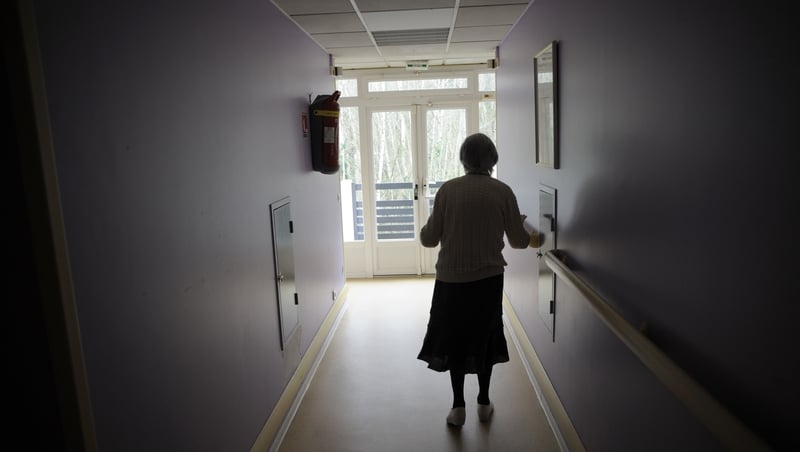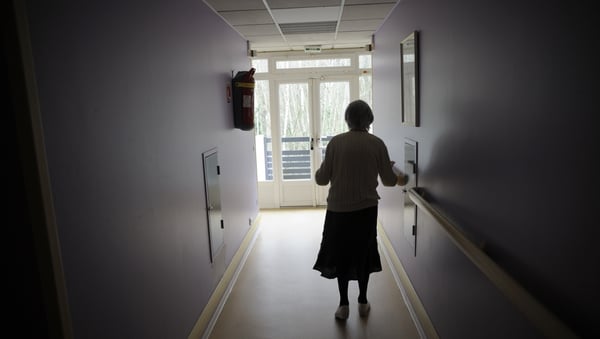Minister of State with responsibility for Disability Kathleen Lynch has warned against re-institutionalising older people with intellectual disabilities by simply allowing them to be considered eligible for nursing home settings.
She was speaking at the launch of a report by Trinity College Dublin researchers.
It shows the prevalence of dementia among people over 40 with Down Syndrome has almost doubled over the last three years to 30%.
Minister Lynch said that in the lead-up to the Budget, today's report provided strong evidence to support her case for additional State resources for the disability sector.
Trinity published the world's first national study of older people with intellectual disabilities as part of its wider Longitudinal Study on Ageing.
It surveyed a representative sample of 753 older people in the Republic in 2010 and again in 2013.
It says Ireland should celebrate having a record number of over 30,000 over 40s with an intellectual disability.
But it finds the proportion of those with Down Syndrome who also have dementia almost doubled in three years.
Leader of the Trinity research team Professor Mary McCarron said it was one of a number of "stark" results to emerge from the survey.
The study highlighted "a number of very serious health concerns … we need to address," she added.
The average age of onset of dementia for people with Down Syndrome was 55, ten years younger than most of the general population.
Reported rates of osteoporosis in the sample doubled to one in six and there was a high rate of under-diagnosis of poor bone health.
Two thirds were overweight or obese, yet almost the same proportion believed they were within a normal weight range.
More than 64% either experience difficulty travelling around their community or do not move out at all.
While more than 70% participated in social activities with their care staff, fewer than 5% could send a text message.
Prof McCarron warned that the findings raise serious concerns about the Government's plan to move older, more severely disabled and ill adults from larger institutions into the community.
She claimed unless communities are truly organised and resourced to support them, older people with intellectual disabilities may become more socially isolated and lonelier.
The average age of onset of dementia for people with Down Syndrome was 55, ten years younger than most of the general population.
Reported rates of osteoporosis in the sample doubled to one in six and there was a high rate of under-diagnosis of poor bone health.
Two thirds were overweight or obese, yet almost the same proportion believed they were within a normal weight range.
More than 64% either experience difficulty travelling around their community or do not move out at all.
While more than 70% participated in social activities with their care staff, fewer than 5% could send a text message.
Prof McCarron warned that the findings raise serious concerns about the Government's plan to move older, more severely disabled and ill adults from larger institutions into the community.
She claimed unless communities are truly organised and resourced to support them, older people with intellectual disabilities may become more socially isolated and lonelier.
They may also become victims of new forms of institutionalisation, such as nursing homes, where most of them should only be placed for end-of-life care.

